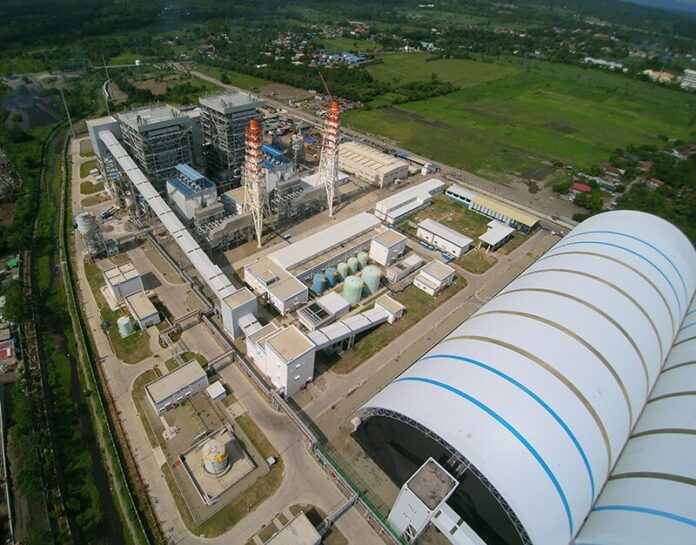ACEN Corp. said Wednesday that Mitsubishi Corp. and its subsidiary Diamond Generating Asia (DGA) have joined forces with GenZero and Keppel Ltd. to explore a pioneering transition credits mechanism aimed at accelerating the retirement of the 246 MW South Luzon Thermal Energy Corp (SLTEC) coal-fired power plant in Batangas, Philippines.
The four-party collaboration, now formalized through a deed of accession to the original 2024 memorandum of understanding, marks a significant step in deploying innovative climate financing tools to hasten the shift from coal to renewables. Transition Credits, a form of high-integrity carbon credits, are intended to financially support the early shutdown of coal plants and their replacement with renewable energy, while mitigating social and economic disruption.
“This partnership represents a milestone in our collective efforts to address the enormous challenges of the energy transition,” said ACEN CEO Eric Francia. “We are not only accelerating decarbonization but also demonstrating a viable pathway for coal-dependent economies to transition sustainably.”
Mitsubishi and DGA’s entry into the initiative not only signals a deeper commitment to decarbonization but also strengthens access to Japan’s emissions trading framework, which could prove pivotal in scaling the model globally. Shinichiro Suzuki, CEO of DGA, emphasized the project’s uniqueness in replacing coal output with equivalent renewable generation, enhancing both carbon credit quality and clean energy expansion.
The SLTEC plant, initially slated for retirement by 2040 under ACEN’s earlier Energy Transition Mechanism—considered the world’s first market-based coal retirement deal—may now cease operations as early as 2030 with the support of Transition Credits.
If successful, the partners envision replicating the model globally, offering a scalable commercial template for early coal phaseout that does not compromise financial obligations or burden consumers. ACEN, which aims to reach 20,000 MW of renewable capacity by 2030 and net-zero emissions by 2050, sees the initiative as integral to its regional and international decarbonization strategy.







